
After a decade of muddle-headed thinking by the so-called Recognition movement, their confusion best summed up by Speccie columnist Gary Johns’ pithy two word query ‘Recognise what?’, it was disappointing but not sursprising to see what finally emerged from the much-hyped process of twelve indigenous ‘dialogues’.
The Uluru Statement from the Heart was precisely that: all heart and no head. Unfortunately, basing your desire for constitutional change on feelings and feelings alone is not the wisest course. It is unlikely that the smarter heads amongst the assembled gathering did not silently weep as they saw the folly of what was eventually, and not without some acrimony, signed off by the delegates.
Indeed, appearing on the ABC’s Q&A luvfest to celebrate the Uluru Statement, Cape York indigenous leader Noel Pearson looked more like a man heading to the gallows than a brave visionary leading his people into a bright new future. Despite his very best efforts to reassure mainstream Australia of the wisdom of these vague new plans for some constitutionally-enshrined third chamber in (or just down the road from) Parliament, which included much gesturing of the hands and soothing descriptions of ‘structures’, ‘strategic consensus’, ‘opening doors’, ‘jumping barriers’ and the like, the reality remains: recognise what? And how? And why? Questions that remain unanswered outside the emotional sphere, with the proposal based on something called The Voice. (Not to be confused with the TV singing contest of the same name).
Needless to say, when the younger hotheads got their chance later in the show, the mask quickly slipped, revealing the true agenda behind the Uluru Statement and The Voice: the division of the Federation of Australia into a series of different sovereign nations capable of making their own laws based on perceived, untestable racial heritage, all with guaranteed access to funding from what remains of mainstream Australia.
This is to be achieved via nobody-quite-knows-what, other than that The Voice will be, as recent fervent indigenous activist and TV personality Stan Grant admitted, ‘a political organisation’. Since when are political bodies guaranteed public funding and power under the Constitution? And why on earth would we want them to be?
Mr Pearson’s calming words about The Voice were quickly replaced with more impassioned talk of sovereignty, legal autonomy, statutory self-determination, treaties, first nations, colonial majorities, genocide, invasion, ‘my land’ and ‘fighting’. ‘You’re in a really good place to take up the cudgel, or the fighting stick that was given to Kudra, that was given to Megan by the Anangu people at Mutitjulu. That’s what you need – a big woman’s fighting stick,’ proclaimed indigenous leader Pat Anderson to much applause and laughter, praising and encouraging a young indigenous schoolgirl who also happens to be school captain at a wealthy Canberra private school.
Really, Pat? So rather than being held up as a wonderful role model for what any indigenous Australian girl may strive to achieve through going to school and studying hard, this young lady is being seduced into that bleak netherworld where left-wing grievances of ‘oppression’ and ‘colonialism’ replace merit and hard work. Reaching her full potential, apparently, requires this admirable achiever to now ‘fight against’ the very society that allows and encourages her to shine. This is dangerous nonsense.
Not to be outdone in the victimhood stakes, talented playwright and ABC employee Nakkiah Liu urged her enrapt audience to ‘break the foundation that racism, that oppressive power structures are founded on.’ This’d be the same oppressive, racist structure that has given Nakkiah a highly-paid job and her own show on the taxpayer-funded ABC, a taxpayer-funded grant from the Australia Council, numerous creativity awards and made her artist-in-residence at both the Griffin and Belvoir theatres.
What was clear from all the flowery, vague descriptions of The Voice was that what indigenous Australians actually want, or need, is an effective lobby group. A lobby group that agitates on their behalf in Canberra or the mainstream media (as any business, religious or self-interest group does). A lobby group that draws its ideas, funds and leadership from diverse bodies around the country (as the union movement does). Or – hang on! – what about a self-funded indigenous political party participating in, you know, the democratic process?
The legitimate interests of disadvantaged indigenous Australians are being hijacked by well-heeled, left- wing, taxpayer-funded agitators pushing their own disastrous neo-Marxist agenda, and it is the everyday folk whose voices are drowned out.
You don’t need constitutional change to achieve a Voice. You just need a loving family, a good education, hard work, guts, ambition, determination and inspirational mentorship.
Got something to add? Join the discussion and comment below.
Get 10 issues for just $10
Subscribe to The Spectator Australia today for the next 10 magazine issues, plus full online access, for just $10.
You might disagree with half of it, but you’ll enjoy reading all of it. Try your first month for free, then just $2 a week for the remainder of your first year.


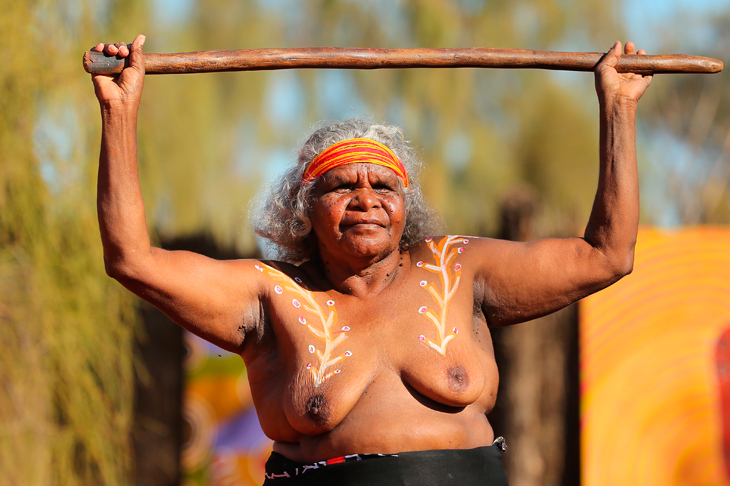
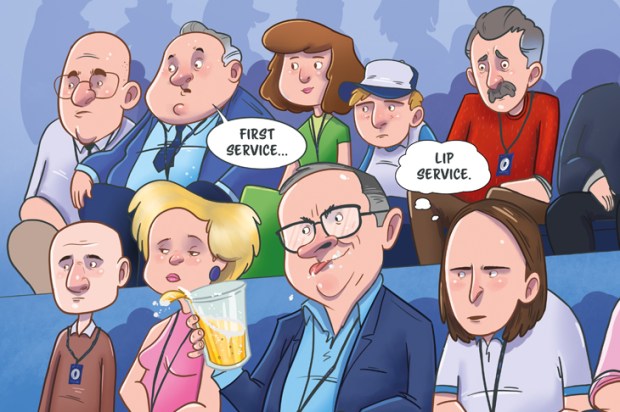
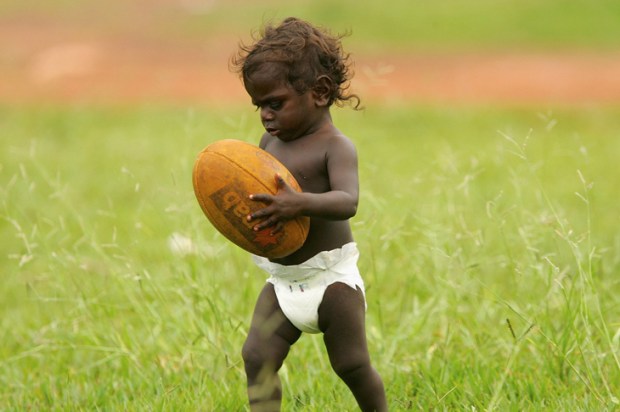
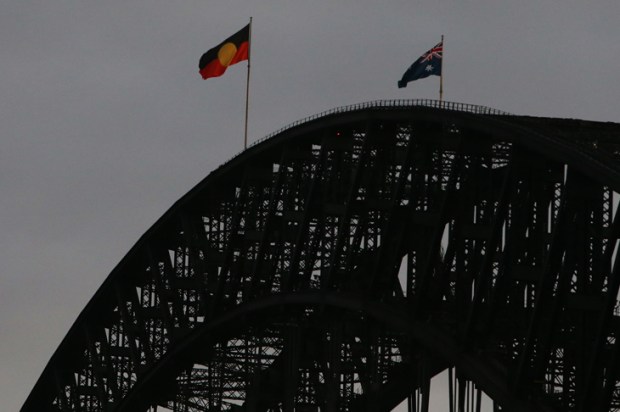
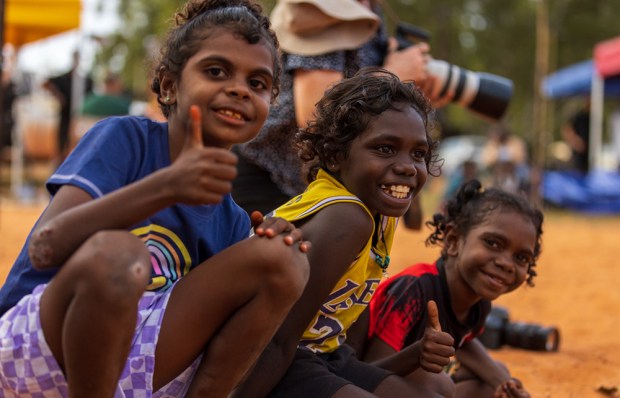
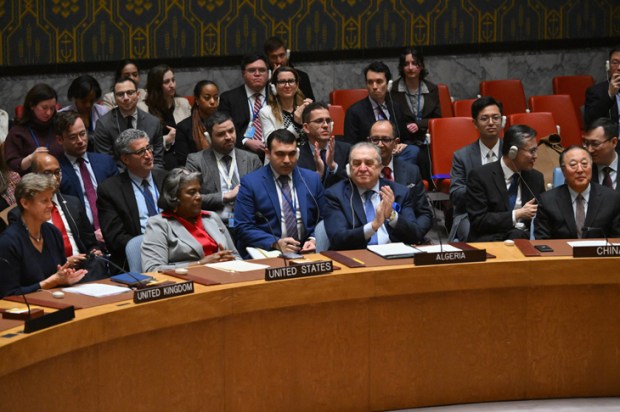
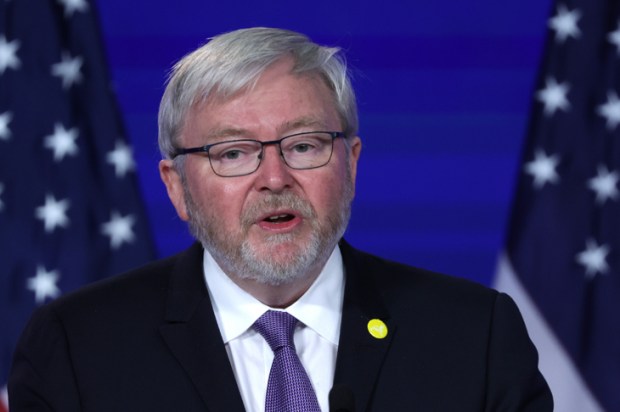






Comments
Don't miss out
Join the conversation with other Spectator Australia readers. Subscribe to leave a comment.
SUBSCRIBEAlready a subscriber? Log in